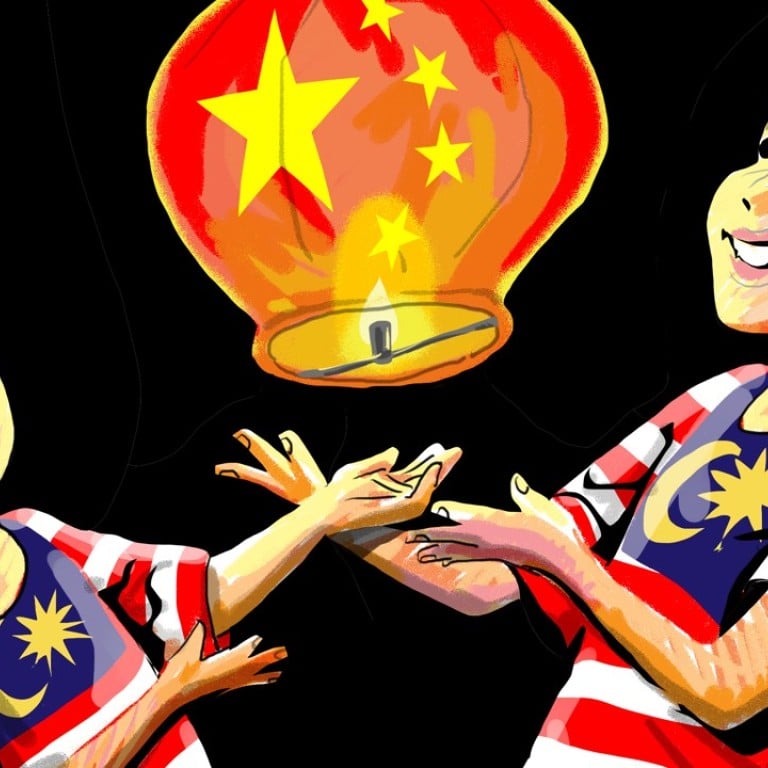
Ethnic Chinese in Malaysia are celebrating China’s rise – but as multicultural Malaysians, not Chinese
Peter T. C. Chang says at a time when China is emerging as a global power and extending its influence far and wide, aspersions cast on the loyalty of ethnic Chinese born and bred in Malaysia are wholly unjustified
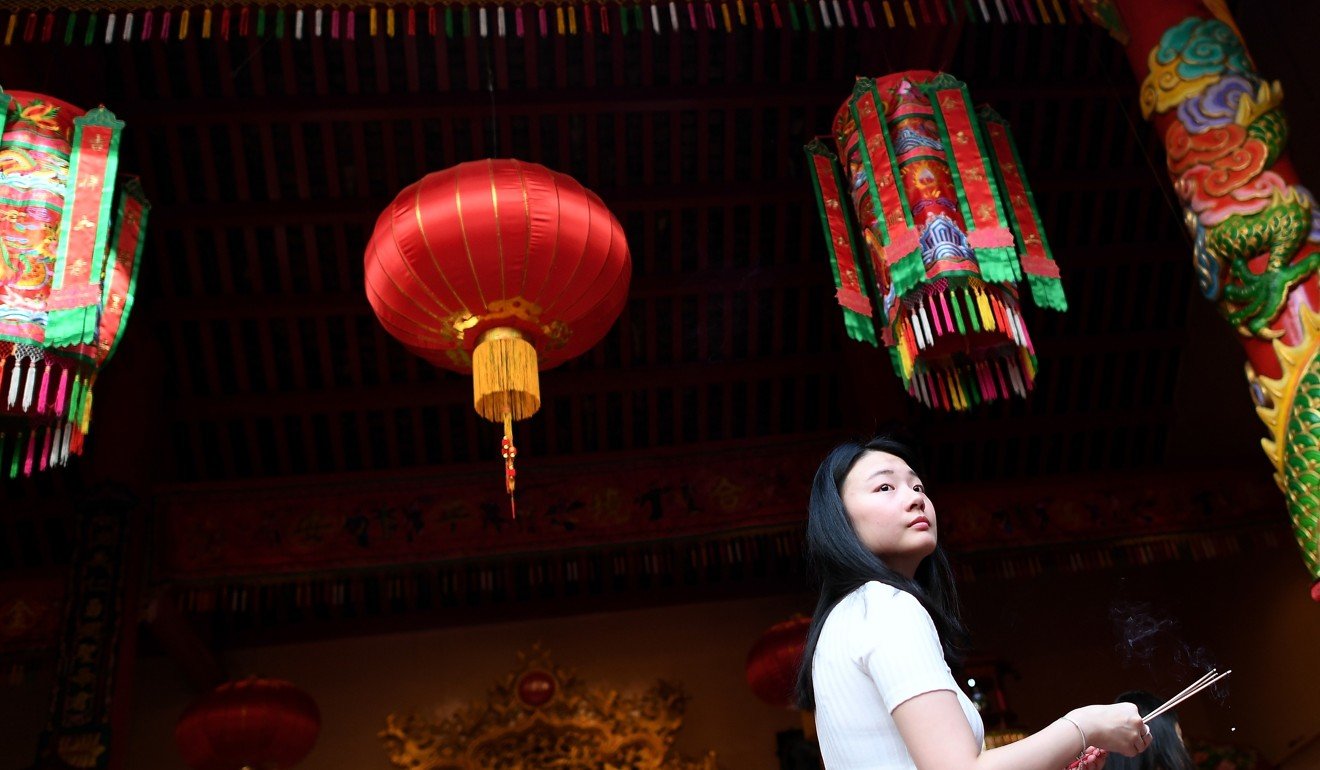
The Chinese diaspora is a global phenomenon unlike others because immigrants from China have, over the centuries, planted roots in almost every continent. More crucially, the crisis-stricken homeland they left behind generations ago is today a rejuvenated, self-confident modern nation-state. And this re-emerging superpower is eager to re-enter the world stage and shape the existing international order.
For this reason, Beijing's harnessing of the overseas Chinese population could have far-reaching global ramifications.
In Malaysia, the complexion of the Chinese diaspora bears certain distinct features. Numbering about 7 million, Malaysia’s ethnic Chinese community is one of the largest concentrations of overseas Chinese in any country. And nearing 25 per cent of the population, they exert considerable economic sway and, to a lesser extent, political leverage.
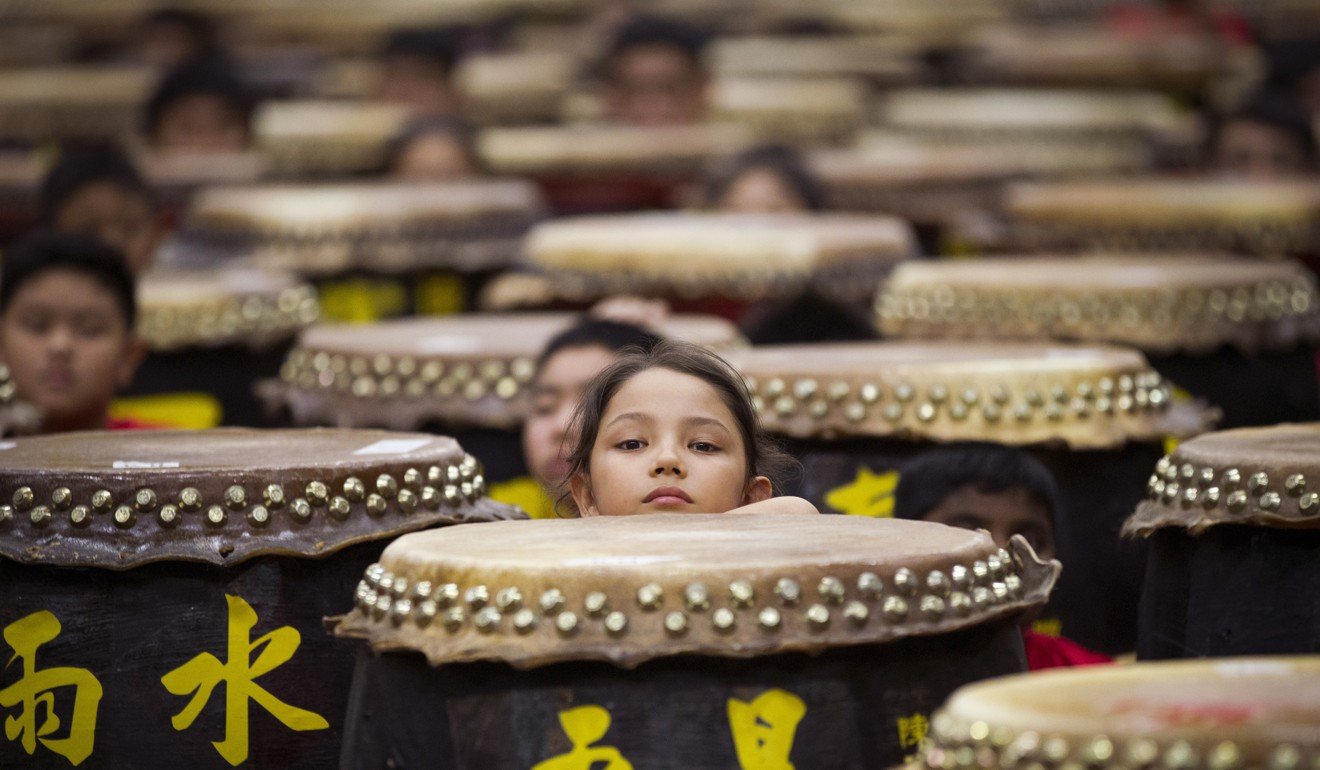
Yet Malaysia's celebrated diversity is a double-edged sword, as it has slowed assimilation. The country is trapped in a race paradigm where racial dynamics dictate public policy and colour national discourse. Intended to protect the rights of the Malay majority, the bumiputera policies continue to draw a wedge between the races.
Fortunately, these setbacks do not round up the Malaysia story. There are alternative narratives, where the aspired “1Malaysia” is a lived reality. Malaysians do come together as one, especially when engaging the world at large. Successes by international sports stars, such as diver Pandelela Rinong, badminton player Lee Chong Wei and squash player Nicol David, have fired up patriotic displays of emotions that transcend race.
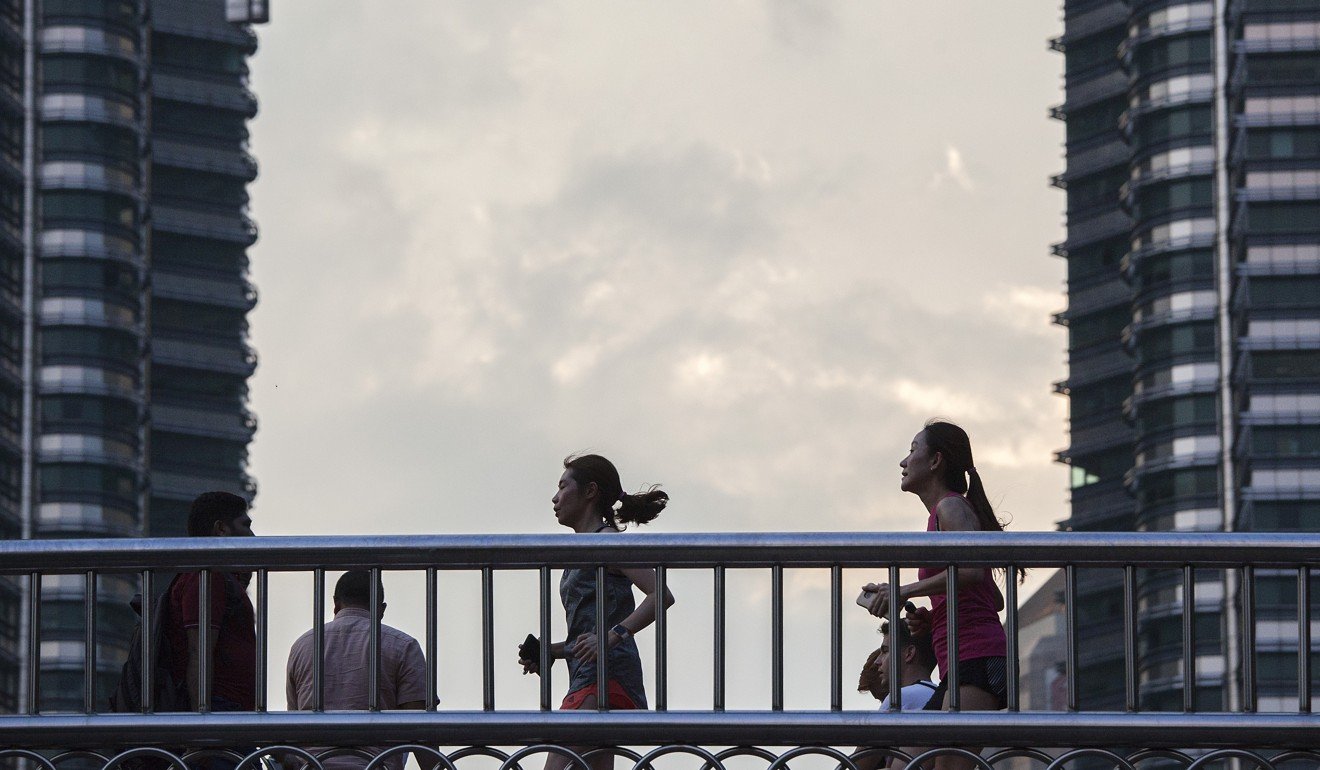
One way to explain this seeming anomaly is that most Malaysians at the personal level do experience genuine friendship across racial lines. Interpersonal contacts such as these have slowly but steadily fostered mutual respect and goodwill.
There are alternative narratives, where the aspired ‘1Malaysia’ is a lived reality
Regrettably, this grass-roots bonding is often undermined and overshadowed by racialised national politics. Even so, under certain favourable conditions, these contained but enduring feelings of kinship do break to the surface, showcasing to the world the true 1Malaysia spirit.
It is within this broader context that we see the Chinese in Malaysia wrestle with their own conflicted devotion to past memories and present realities.
Firstly, like Irish Australians’ love for all things Ireland, Chinese Malaysians, too, follow with keen interest China-related developments. The miraculous turnaround of the People’s Republic in recent decades, for example, has thrilled overseas Chinese.
At the same time, Chinese in Malaysia are unreservedly Malaysian, just as the Irish in Australia are true-blue Aussies. And there is no better demonstration of this than the Chinese Malaysians’ impassioned support for Lee Chong Wei, even when he faces off against his arch-rival, Lin Dan of China.
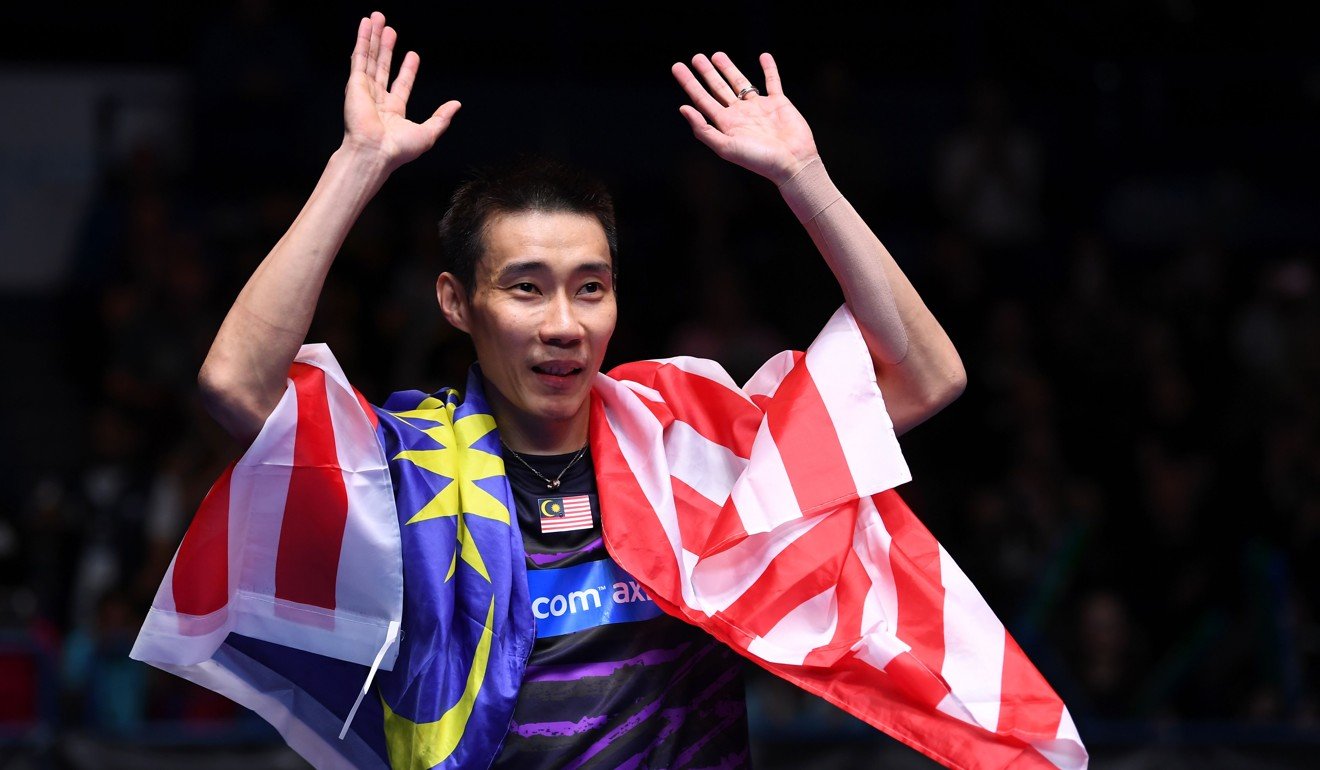
Indeed, when ambassador Huang stepped into the Chinatown fray, he also waded into a long-standing controversy surrounding insinuations of Chinese Malaysians’ divided loyalty. The ambassador's intervention was manipulated by some as proof of China acting as a protector of the Chinese minority in Malaysia, casting further aspersions on these Malaysians’ national allegiance.
To Chinese Malaysians, this was a most unfair and unjustified accusation.
True, the Chinese still embody the civilisational inheritance of their ancestral land. But these multigenerational Malaysians have also been indelibly transformed by the land of their birth. Like descendants of immigrants everywhere, they are turning into cultural hybrids, metamorphosing from a mono-cultural Chinese towards a more pronounced multicultural Malaysian. To use an agricultural metaphor, the born-and-bred-in-Malaysia ethnic Chinese are now the fruit of the land – sprouting and flourishing with textures and flavours unique to the Malaysian ecology. With time, these Chinese have become truly Malaysian, exuding the cultural DNA of their new homeland.
Thus, as China rises, like most overseas Chinese communities, ethnic Chinese in Malaysia are revelling in spontaneous flushes of cultural pride. But they do so not as Chinese, but as Malaysians. Or, to put it in the phraseology familiar to Beijing: as proud “Malaysians with Chinese characteristics”.
Peter T. C. Chang is a senior lecturer at the Institute of China Studies, University of Malaya, Kuala Lumpur, Malaysia

